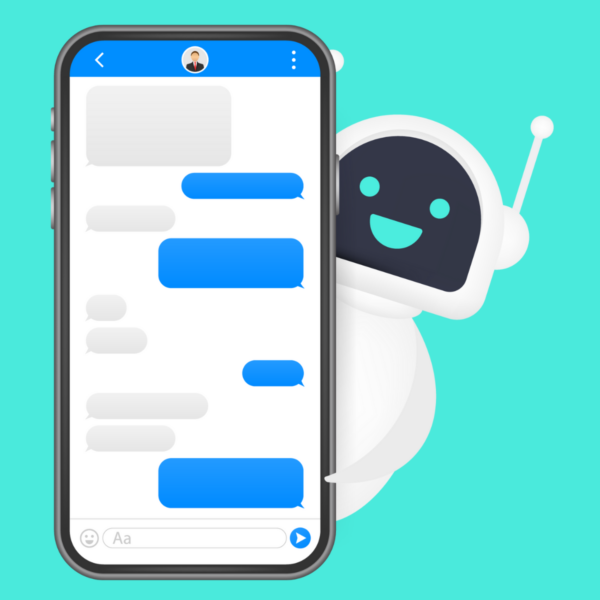Introduction
To ‘google’ has come to mean to search and Google has dominated the search engine space for decades. However, its core business is now facing a very real challenge from Microsoft who have invested billions in OpenAI and have already integrated its ChatGPT into their search engine, Bing, creating a powerful AI driven search tool.
In response, although, some might say, somewhat belatedly, Google has just launched its own AI chatbot, called Bard. Reception has been a bit lukewarm, not helped by a rather rocky start. During the launch, in a PR professionals’ worst nightmare, Bard answered a question, suggested by Sundar Pichai, Google’s Chief Executive, incorrectly. Something about a space telescope…. Google it.
Red faces aside, the error wiped 6% off Alphabet’s (Google’s parent company) share price, to the tune of £98bn. The pressure is most definitely on for Google which relies on its core search business to fund its other ventures. It has seen its digital advertising sales go down by 4% in the last three months of 2022 and its shares have fallen by a quarter over the last 12 months.
The threat to Google’s dominance in search can’t be ignored, but is Bard too little too late? The general consensus seems to be that Microsoft’s Bing and OpenAI’s ChatGPT are ahead of Google and Bard currently, but the newcomer is certainly not without its own strengths.
About Bard
Bard is an AI chatbot which Google are at pains to point out is designed to be complementary to Google Search, rather than a replacement for it. Bard is based on a lightweight version of LaMDA (Language Model for Dialogue Applications), which was trained on a data set called Infiniset which includes a mix of articles and books, but also comments from social media platforms like Twitter and Reddit.
Bard, Unlike ChatGPT, is plugged into Google search and therefore draws on information from the web to provide fresh, high-quality responses (ChatGPT has limited knowledge of the world after 2021 – although that is starting to be addressed, and will no doubt evolve rapidly)
Bard’s user interface is nice to look at, well thought out and you get a ‘Google it’ button under each chat answer, which makes it easy to fact check sources and see where Bard has sourced its response from.
At this point in time Google are seriously managing expectations around Bard, calling it an ‘experiment’, stressing the limitations of the technology and warning that it could share misinformation or display bias despite the company’s endeavours to put safety guards in place. Google say Bard is programmed not to respond to offensive questions and there are filters to stop it from sharing harmful, illegal or personal information but they are also clear that these measures may not be 100% effective. To quote Bard
‘I’m Bard, your creative and helpful collaborator. I have limitations and I won’t always get it right …….’
The battle has commenced, may the best chatbot win …

